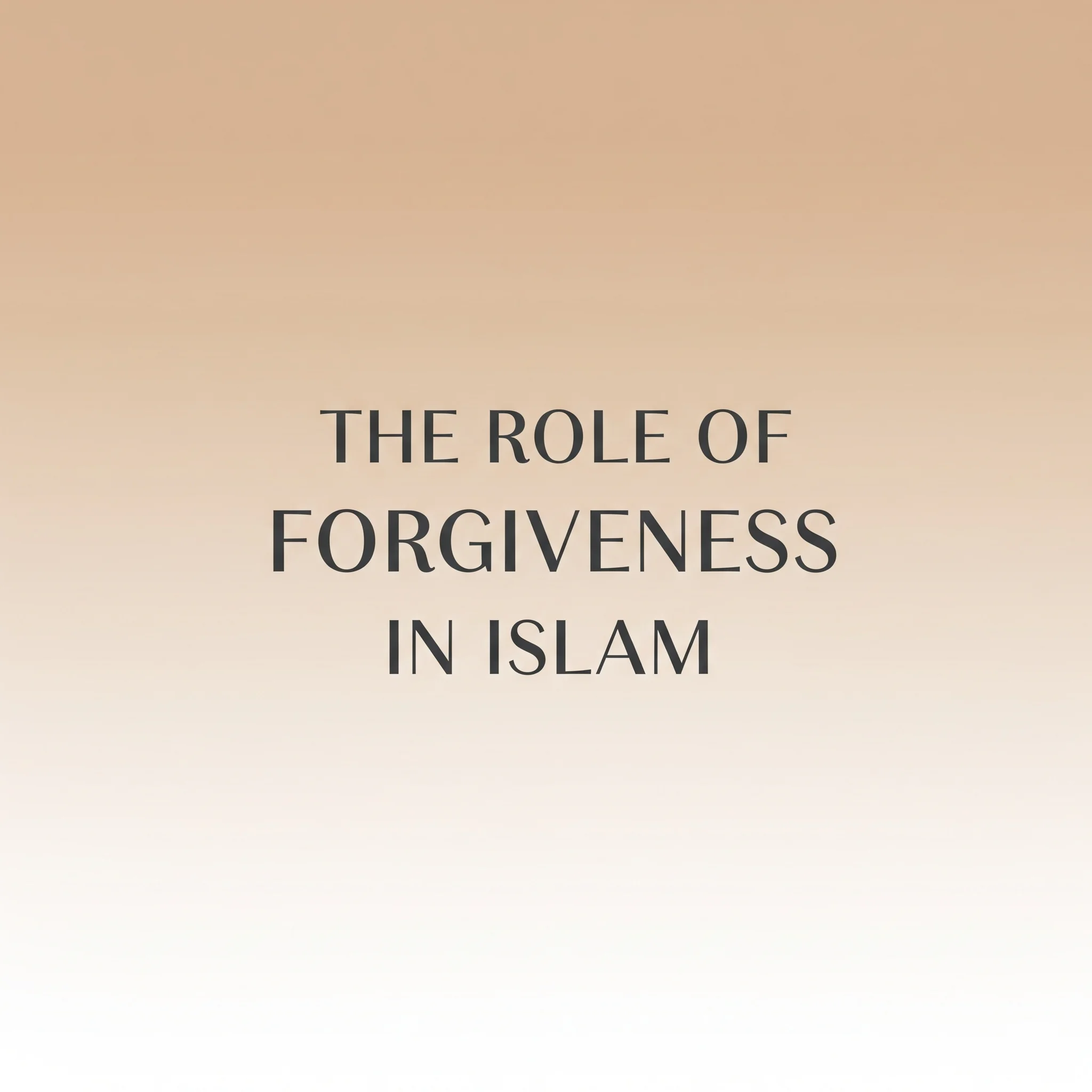Sheikh Abdur Rehman
August 09, 2025 05:59 am

Forgiveness is not just a moral virtue in Islam—it is a spiritual necessity. Allah (SWT) describes Himself as Al-Ghafoor (The Most Forgiving) and Ar-Raheem (The Most Merciful), encouraging believers to adopt these attributes in their own lives. In a world where misunderstandings, mistakes, and conflicts are inevitable, Islam teaches that forgiving others purifies the heart, heals relationships, and strengthens one’s connection with Allah.
The Quran repeatedly emphasizes the importance of forgiveness, linking it directly to Allah’s mercy.
Allah says:
“And let them pardon and overlook. Would you not like that Allah should forgive you? And Allah is Forgiving and Merciful.”
(Surah An-Nur 24:22)
This verse reminds us that forgiving others is not just a personal choice—it is a way to earn Allah’s forgiveness.
Prophet Muhammad ﷺ was a living example of mercy and forgiveness. Even towards those who wronged him, insulted him, or tried to harm him, he responded with patience and compassion. One of the most remarkable examples is his forgiveness of the people of Makkah after the conquest, despite years of persecution. His actions showed that forgiveness is a sign of strength, not weakness.
Forgiving someone is not always easy—it requires humility, patience, and a sincere heart. However, Islam teaches that those who let go of grudges free themselves from anger, resentment, and pride. This inner peace allows the believer to focus on worship and good deeds without the burden of hatred.
In Islam, forgiving someone who wronged you—especially when you have the power to punish—is highly rewardable. The Prophet ﷺ said:
“Charity does not decrease wealth, no one forgives except that Allah increases his honor…”
(Muslim 2588)
This means forgiveness not only earns Allah’s reward but also elevates one’s status in the eyes of people.
Islam encourages forgiveness but does not require believers to ignore justice. If someone has committed a serious wrongdoing, seeking justice through lawful means is permitted. However, choosing forgiveness in personal disputes can be more rewarding in the Hereafter.
Forgiveness in Islam is more than an act—it is a reflection of faith. By forgiving others, a believer reflects the divine qualities of mercy and compassion, strengthens their relationship with Allah, and contributes to a more peaceful and loving society.
Tags: